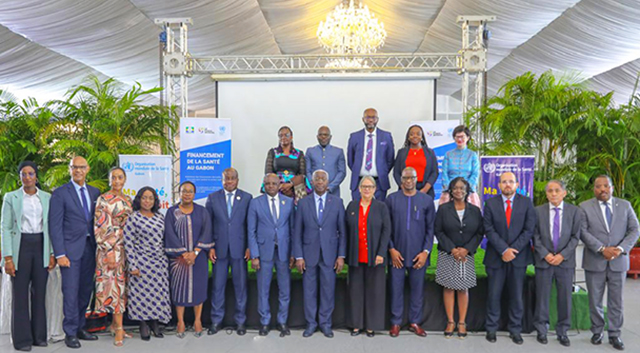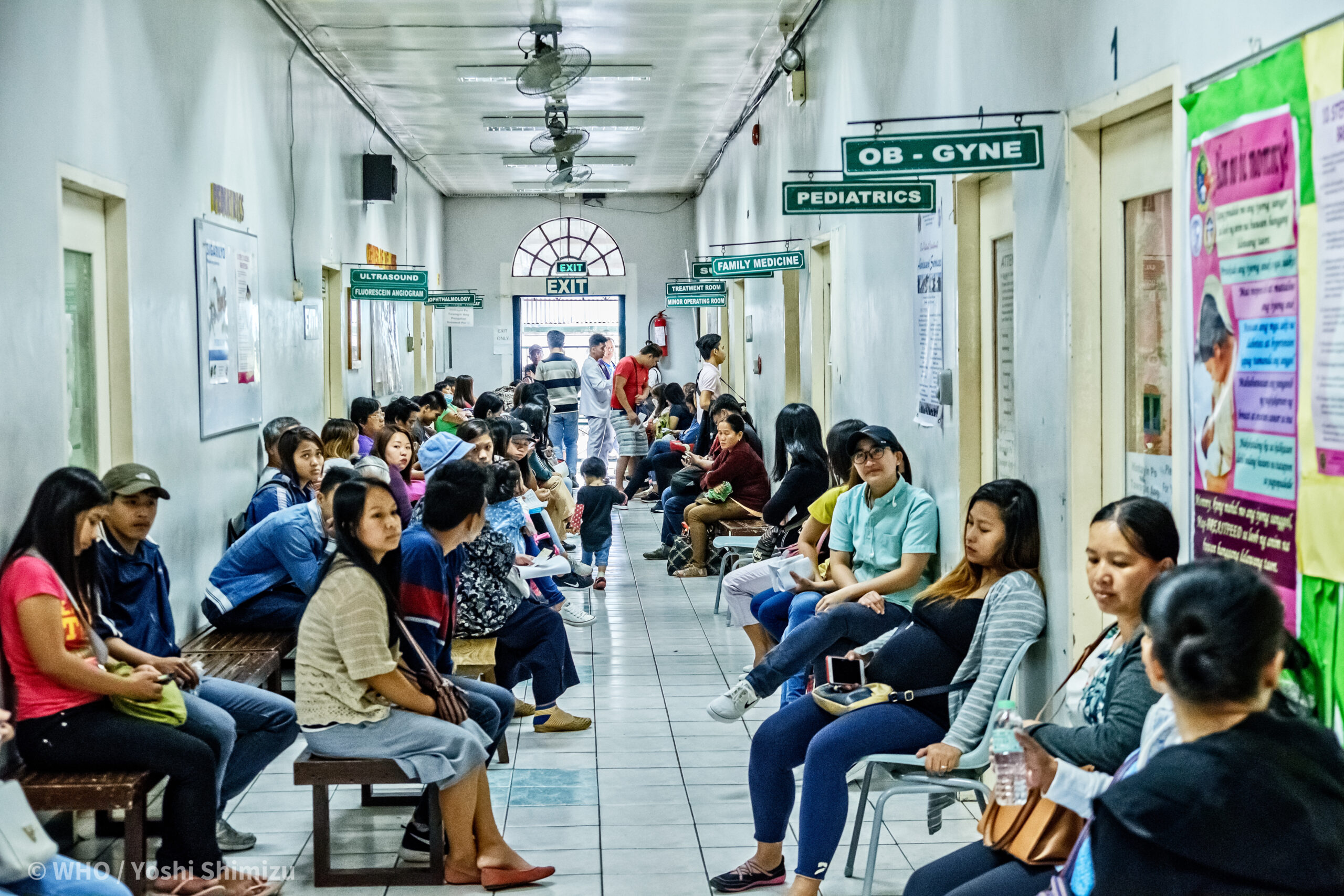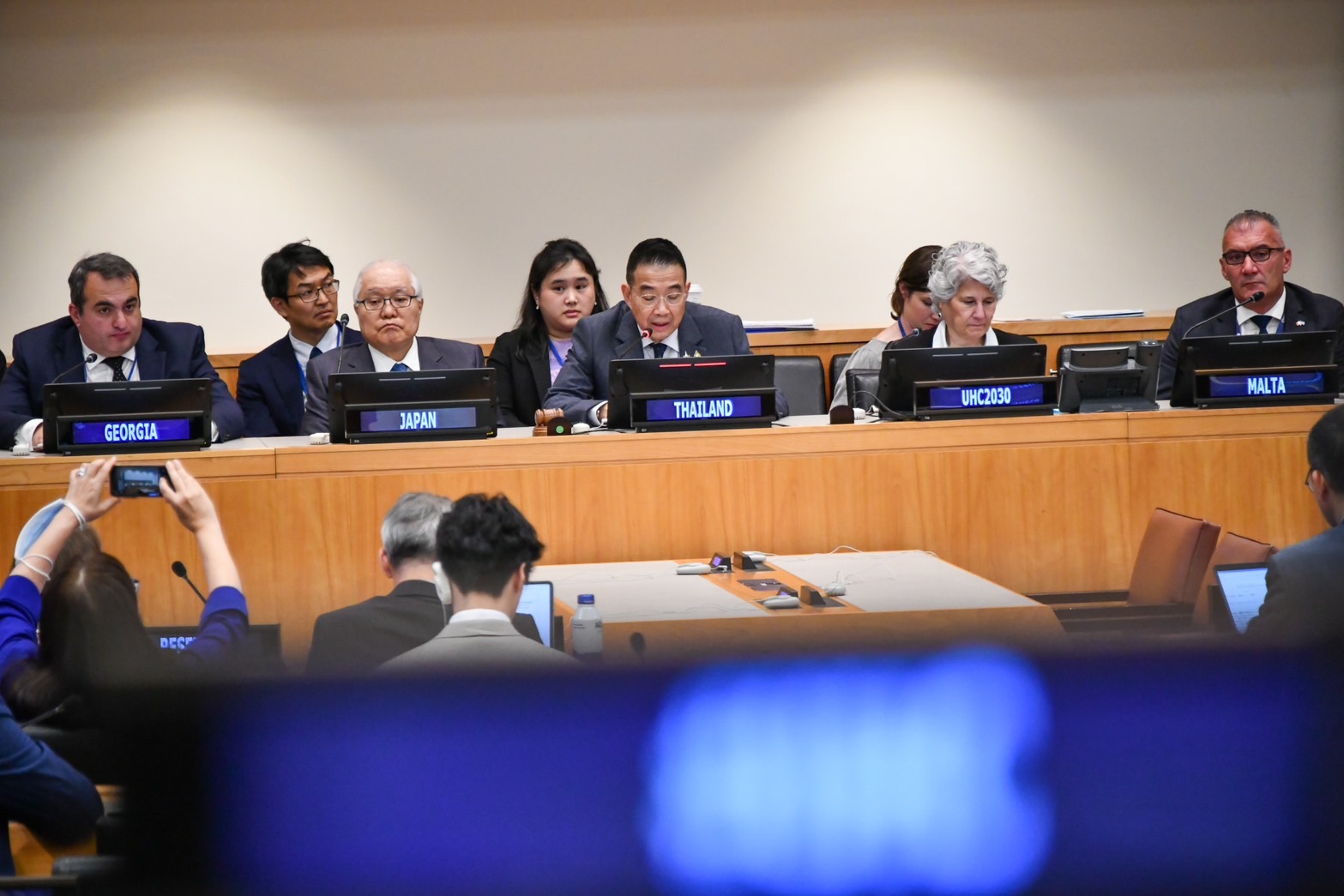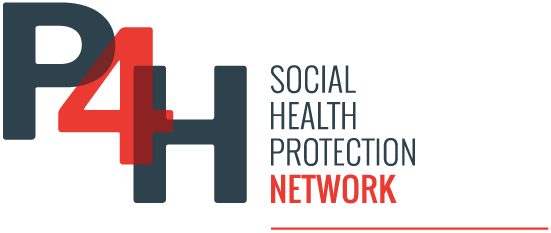National STI/HIV/AIDS Strategic Plan 2020-2024
The National Strategic Plan aims to accelerate and amplify the national response to the dynamics of the epidemic through a set of strategies and interventions. These actions should contribute to breaking the STI/HIV transmission chain and ensuring universal access to...
Decree setting the minimum contractual settlement between healthcare providers and CNAMGS
Arrêté N° 00022 fixant le règlement minimum conventionnel entre les prestataires de santé et la Caisse Nationale d'Assurance Maladie et de Garantie Sociale au Gabon.

Health financing in Gabon: towards the establishment of an integrated mechanism
On September 11 and 12, 2024, Gabon's capital hosted a high-level meeting on health financing. The purpose of the meeting was to sign a letter of commitment from the participating experts, setting up the mechanism for funds managed directly by the Ministry of Health....
National Health Development Plan 2024-2028
Based on the orientations of the PNS 2024-2034 (vision, values, guiding principles and reforms), and developed through an inclusive participatory process involving all stakeholders in national health action, the PNDS 2024-2028 is the first step in this renewed...
Making social protection a reality for people with TB: a perspective on new global guidance
The article "Making Social Protection a Reality for People with TB: A Perspective on New Global Guidance," published in the International Journal of Tuberculosis and Lung Disease, examines the critical role of social protection in addressing the social and economic...

PhilHealth to further increase overall health benefit package by 30 percent
The Philippine Health Insurance Corporation (PhilHealth) expects to implement another round of 30-percent increase in all its benefit packages to reduce out-of-pocket expenses of PhilHealth beneficiaries.According to Filane Mikee Cervantes reported in the Philippine...
Accelerating health systems strengthening and National Health Insurance implementation
In 2019, President Cyril Ramaphosa launched the Presidential Health Compact, outlining a nine-pillar plan to address challenges in South Africa’s health system, including human resources, supply chain management, infrastructure, governance, and community engagement....

5th Annual Ministerial Meeting of the Group of Friends on Universal Health Coverage
On September 24, the 5th Annual Ministerial Meeting of the Group of Friends of Universal Health Coverage and Global Health, themed ‘Financial Protection: The Key to Unlocking Universal Health Coverage and Ensuring Equitable Access for All,’ was held at the UN...
Malaysia National Health Accounts 2011-2021
This document provides Malaysia's national health expenditure data from 2011 to 2021. The estimation was conducted by using standardised and internationally acceptable National Health Accounts (NHA) methodology. It provides both overview and classification of health...
Fiscal and macroeconomic effects of different health system risks
Changes in demographic and morbidity patterns, new medical technologies, inefficiencies in the system and the structure of the labor market represent a challenge for the fiscal sustainability of the health system in Colombia since they require an increase in public...
National Social Protection Strategy-2012
The document consists of four parts and several appendices. The first part introduces the definitions, dimensions and conceptual framework of social protection(chapter 1), outlines the main elements of the national context in relation to the issue at hand(chapter 2)...
PNDS 2022-2030 Volume II: Integrated monitoring and evaluation plan
The PNDS 2022-2030 Performance Framework is built around four (04) programs: Program 1: Accelerating the reduction of maternal, neonatal and infant/child mortality Program 2: Strengthening disease control Program 3: Health security and public health emergency...
Yearbook of health statistics 2023
The Statistical Yearbook presents Mauritania 's national health situation through data covering health status, coverage of target populations, and availability of resources. The information it contains comes from the routine data collection system, involving the...
PNDS 2022-2030 Volume 1: Situational analysis and PNDS
The 2022-2030 national health development plan will be deployed in an economic context of major constraints linked to the country's state of underdevelopment, but also of promising opportunities and prospects for economic growth and a better distribution of national...

Thailand’s Healthcare System and the Role of HTA: A Model of UHC
Thailand’s healthcare system, notable for achieving Universal Health Coverage in 2002, spends about 5% of its GDP on healthcare, resulting in impressive health outcomes, including increased life expectancy and reduced infant mortality rates. Despite its successes,...
